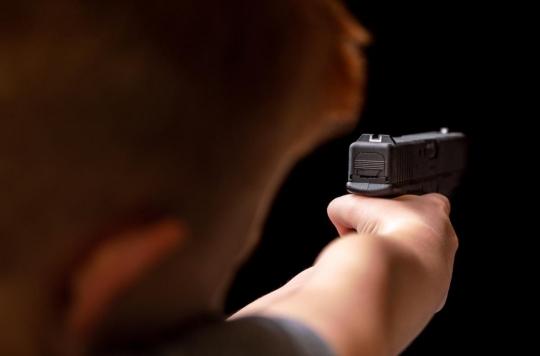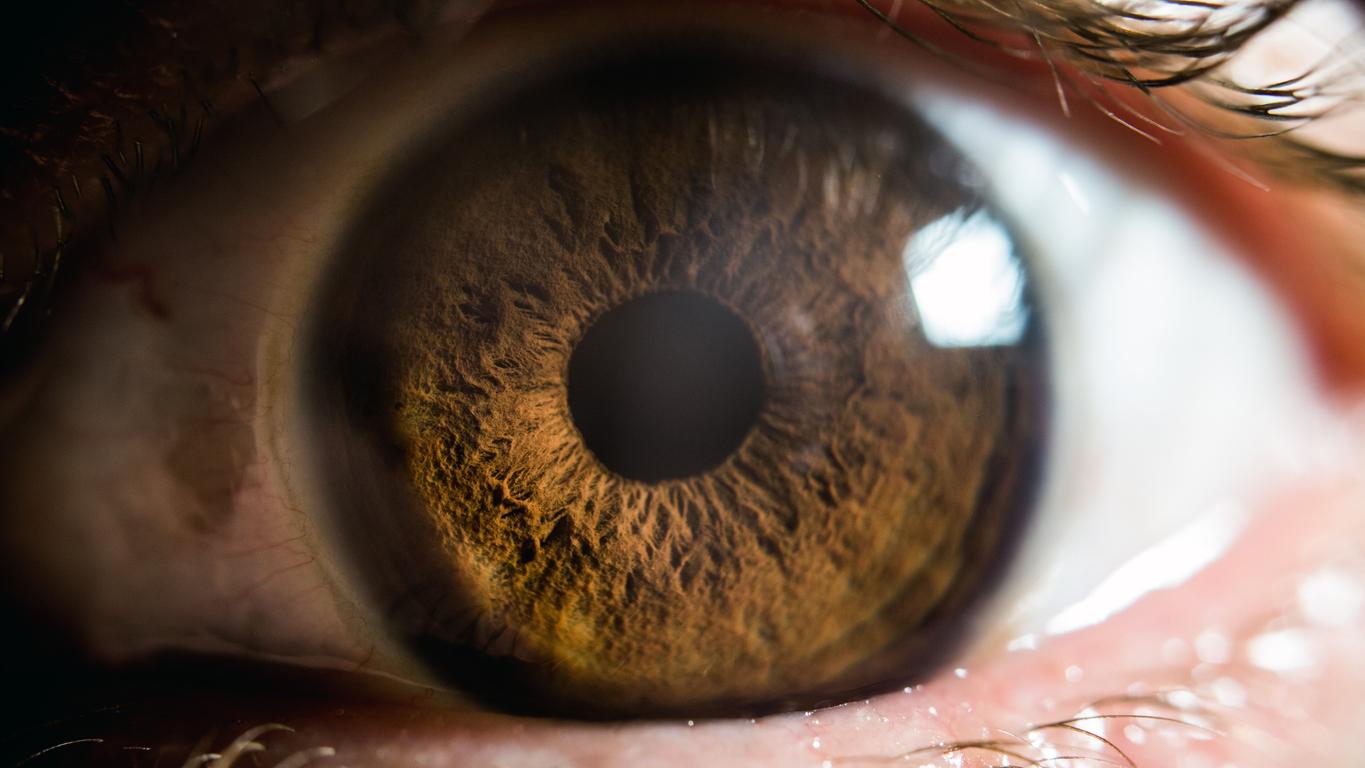Shooters often have psychiatric disorders that go untreated.

- Mass shootings are up 65% in the United States.
- 20% of French people have a mental illness.
On April 4, 2017, Sarah Halimi, a sixty-year-old of the Jewish faith, was murdered in her home by her neighbor, Kobili Traoré. During the trial, he will be judged criminally irresponsible because of the delirious puffs from which he suffered at the time of the facts. What is the importance of psychiatric disorders in violence? This question was asked by an American research team. In Journal of Clinical Psychopharmacology, she was interested in the links between mass killings and psychiatric illness. These events are characterized by the presence of at least four people injured or killed, apart from the perpetrator.
Bipolarity, schizophrenia and other unidentified disorders
According to the American site Gun Violence Archive, there have been 272 mass shootings since January 1, 2021 in the United States. Since the deconfinement, the country has been faced with an unprecedented increase in these crimes. There are databases where all cases are recorded. One of them was the basis of this research: it covers the period from 1982 until 2021.
“In the vast majority of cases identified in the database, the perpetrator died during the killing, or soon after.“, underline the researchers. They were therefore interested in 35 cases where the killer was alive and could be prosecuted. For each of them, the scientists reviewed the available recordings, and they sometimes questioned psychiatrists who had examined the assailant.”32 of the 35 authors had signs and symptoms of mental illness, which fulfills the conditions for the scientific diagnosis of clinical psychiatric disorders“, specifies Ira D. Glick, one of the authors of this study. Most of them suffered from schizophrenia, the others from bipolar, personality or substance use disorders. “None of them had received treatment before the crime“, he adds.
A lack of medical treatment
To further their research, scientists worked on 20 other mass shootings, in which the perpetrator died at the scene of the crime. For these different cases, they had information on the killer’s profile. Eight assailants suffered from schizophrenia, seven suffered from other psychiatric disorders and five had not received a specific diagnosis for their disorders. Once again, the researchers found that none of them were under medical treatment.
Fighting the stigma of psychiatric disorders
The researchers call for not losing sight of the idea that not all violent people have a mental illness, and that not all people with a mental illness are violent. “Our message is that mental health professionals, lawyers, the public should be made aware that some untreated patients are at increased risk of violence.“, underlines Ira D. Glick. He considers it essential to fight against clichés about mental health to allow better care and thus “save lives“.

.

















